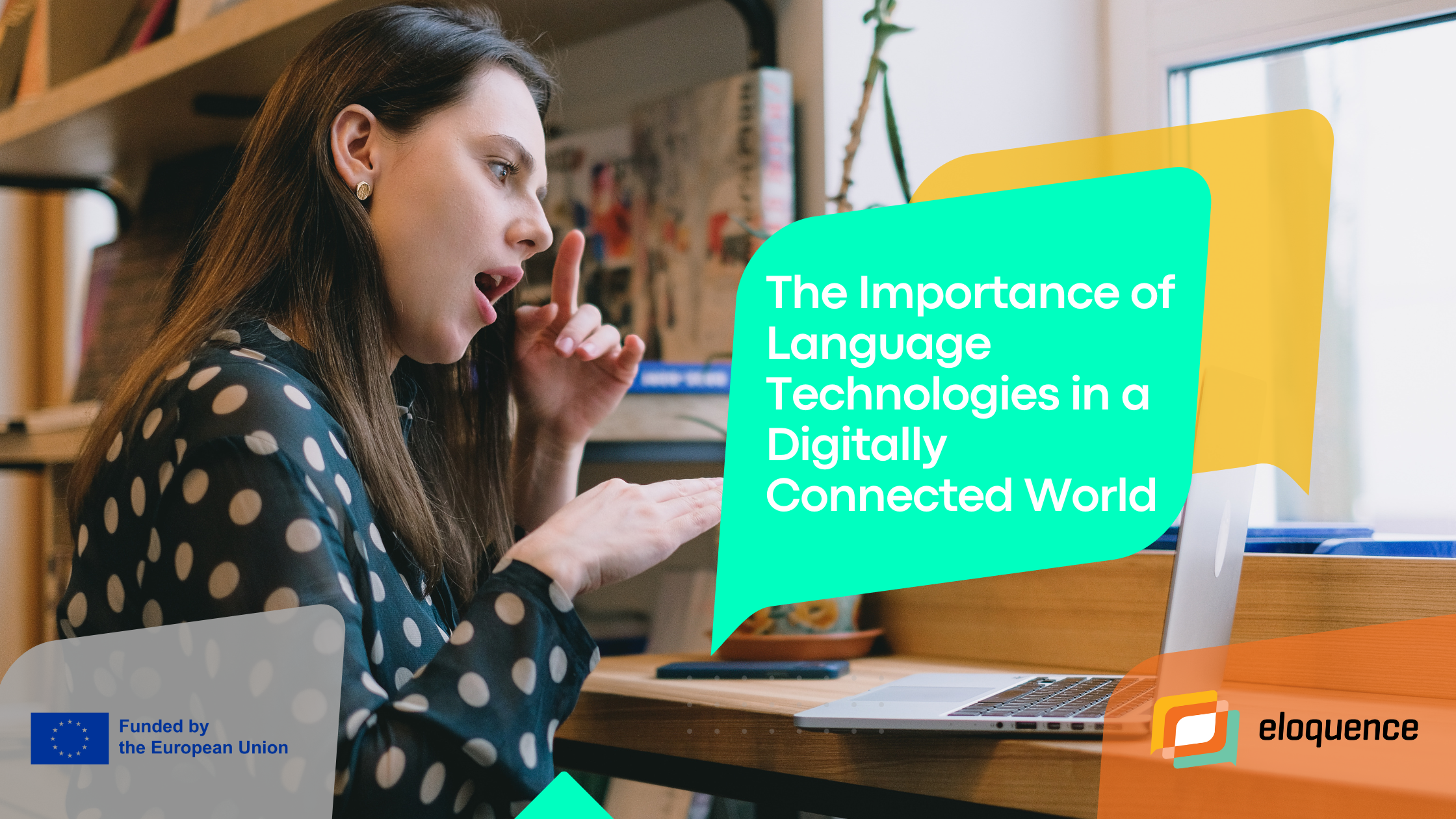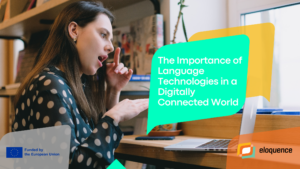In an age where communication knows no borders, language technologies are playing a vital role in shaping the way we interact, learn, and innovate. These technologies—ranging from speech recognition and machine translation to natural language processing (NLP) and multilingual AI—are not only bridging linguistic gaps but also empowering global collaboration, inclusion, and digital transformation.
Enhancing Communication Across Cultures and Supporting Multilingualism
Language technologies enable seamless interaction across languages and cultures, allowing individuals, businesses, and institutions to collaborate in real-time, regardless of their native tongue. From real-time translation tools to AI-powered virtual assistants, these systems are enhancing accessibility and understanding in increasingly diverse societies.
At the heart of many AI-driven solutions are language technologies that understand, process, and generate human language. In healthcare, education, customer service, and public administration, these tools are revolutionizing how services are delivered—making them more efficient, personalized, and responsive to individual needs.
Language technologies promote linguistic diversity and social inclusion by ensuring that speakers of less-resourced languages are not left behind in the digital era. With initiatives focused on creating language data resources and training AI models for underrepresented languages, we are moving closer to a more inclusive digital society.
Boosting the European Digital Ecosystem
In Europe, language technologies are central to achieving digital sovereignty, supporting the development of trustworthy, ethical, and culturally aware AI systems. Projects like ELOQUENCE are actively contributing to this goal by developing bias-controlled, multilingual, and context-aware language models that reflect Europe’s values and diversity.
Language technologies are no longer optional—they are essential for a connected, inclusive, and intelligent future. As we continue to innovate, it’s crucial to ensure that these technologies are ethical, fair, and accessible to all. By investing in research and development, fostering collaboration, and prioritizing inclusivity, we can unlock the full potential of language technologies for the benefit of society.


